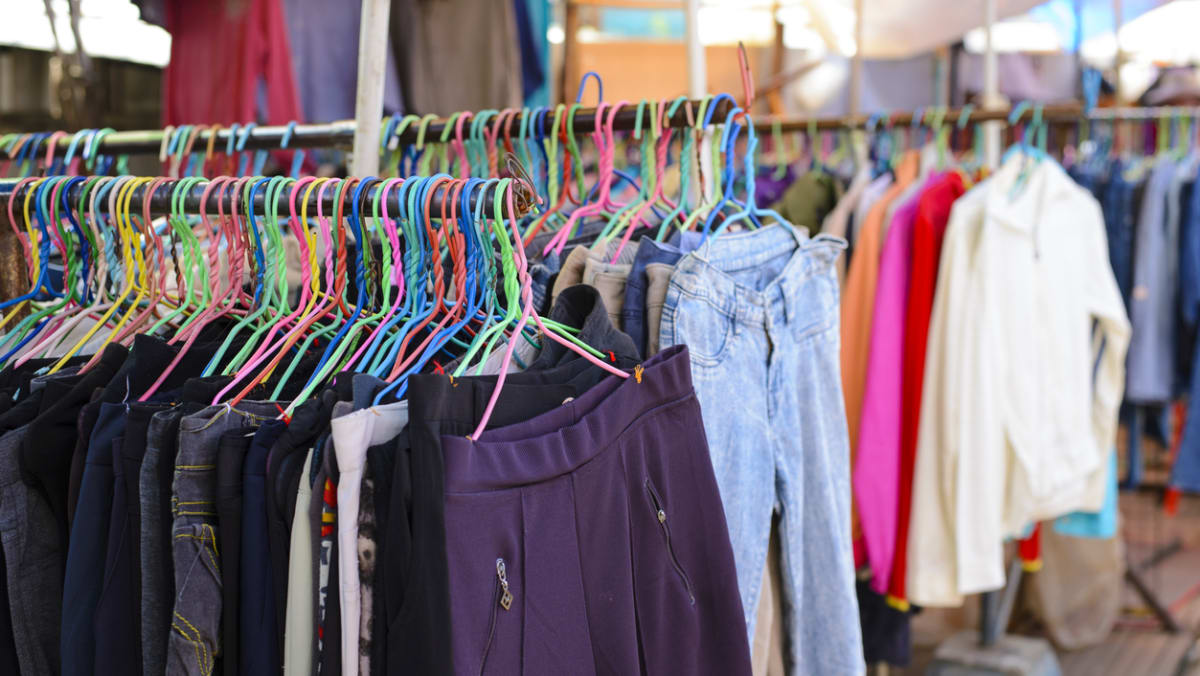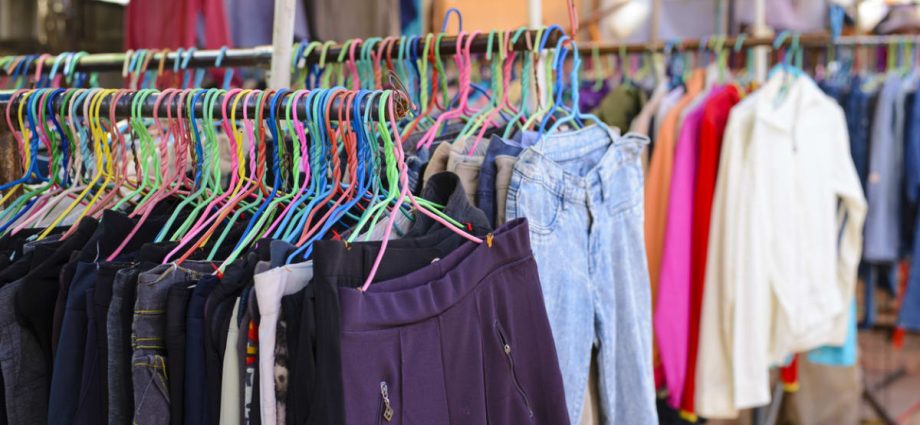
SINGAPORE: A woman who sold counterfeit branded goods she bought from Taobao and other e-commerce platforms at makeshift stalls was sentenced to six weeks’ jail on Friday (Sep 29).
Vietnamese national Huynh Kiet Binh, 41, pleaded guilty to two counts of having counterfeit goods for sale under the Trade Marks Act, with another five charges considered.
The court heard that Binh lived with her Singaporean husband and began selling clothes at makeshift stalls in May 2022.
She handled every aspect of her business herself, looking for counterfeit branded goods from e-commerce platforms like Taobao and QQ.
She would buy the goods from suppliers based in China and Vietnam, and import them into Singapore to sell.
Binh did not have a fixed location for her stall, moving around depending on the sales spaces that were available.
She would rent a space for a fee between S$80 (US$59) and S$120, and open her stall four days a week on average.
She would rent a movable storage cage to store her stocks for about S$600 a week. She earned revenue of S$1,600 per week, with a net profit of about S$600 a week.
On the morning of May 19 this year, a party of officers from the Intellectual Property Rights branch of the Criminal Investigation Department mounted a police operation at Block 154, Bukit Batok Street 11.
Binh was operating a makeshift stall outside a unit there.
The officers found her running her stall with clothes bearing the trademarks of Adidas, Nike, Puma, Under Armour, Guess, Levi’s, Champion, Chanel and Tommy Hilfiger, as well as non-branded clothes for sale.
The officers arrested Binh after discovering that the branded clothes were counterfeit and searched her stall.
More than 800 pieces of counterfeit branded clothes were seized.
Representatives from various brand owners confirmed that the goods were manufactured without their consent, in an infringement of their registered trademarks.
The prosecution sought eight to 10 weeks’ jail, saying Binh had persisted in selling such clothes for a year until she was apprehended.
The use of makeshift stalls rather than a permanent shop “does not diminish the permanence and enduring nature of her enterprise”, said the prosecutors.
However, they said her operation was “modest”, generating just S$2,400 in monthly profit.
For each charge of possessing counterfeit branded goods for sale, Binh could have been jailed for up to five years, fined up to S$100,000 depending on the number of infringing items, or both.

